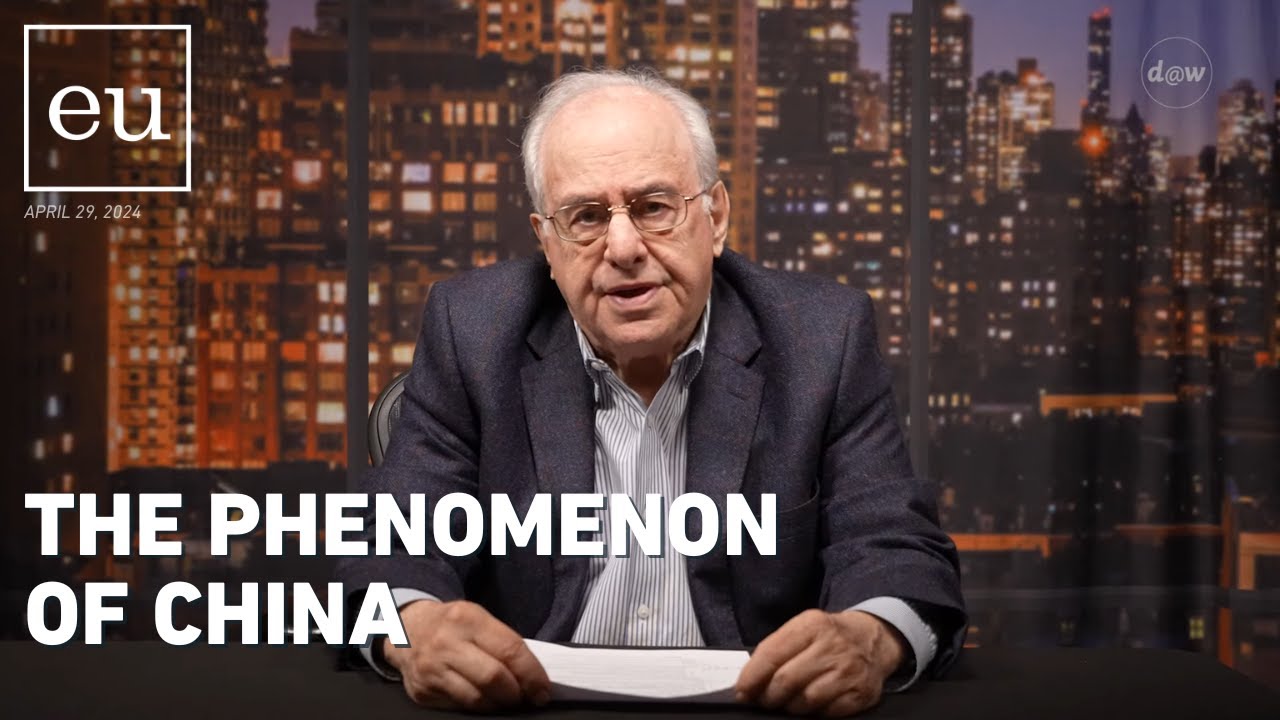[EU S14 E17] The Phenomenon of China
This week’s Economic Update Professor Richard Wolff dedicates the entire show to the economic developmental achievement of China, together with the historical background that motivated that achievement. We analyze the uniqueness of both the economic philosophy and the politics of China.
Short Summary
- China’s economic growth and development in the past 70 years is a remarkable phenomenon.
- China has become the manufacturing center for the whole world and a crucial player in global trade.
- China’s unique blend of state and private sector enterprises has allowed for rapid industrialization and technological advancements.
- The Chinese Communist Party plays a dominant role in politics and aims to overcome uneven development while building alliances with other nations.
- China’s future could lead to either becoming a new hegemonic empire or fostering a collective global community of nations.
Summary
- China’s economic growth and development over the past 70 years is a testament to their remarkable achievements in raising people out of poverty and becoming a global economic powerhouse
- China’s unique economic model, with a blend of state and private sector enterprises, has allowed for rapid industrialization and technological advancements. This model challenges traditional notions of socialism and capitalism.
- China’s dominance in manufacturing and global trade has transformed it into a crucial player in the world economy. This has led to increased competition with the United States and other Western countries.
- The Chinese Communist Party’s political dominance and focus on overcoming uneven development demonstrate their commitment to creating a more equitable society. However, this dominance also raises concerns about political freedom and human rights.
- China’s future trajectory will have significant implications for the global order. It could either lead to the rise of a new hegemonic empire or the emergence of a collective global community of nations. The outcome will shape the geopolitical landscape in the coming years.
You must log in or register to comment.


